In 2021, the increasing scope of regulatory sanctions has affected businesses globally. The use of financial institutions for money laundering and terrorist financing was a major issue faced by most businesses. In response, global regulatory bodies have emerged with more rigid Anti-Money Laundering (AML) compliance to identify and eliminate the risk of such criminal activities.
As 2022 is approaching, new regulations or updates in compliance are expected, whereas businesses and financial institutions will need to be even better prepared. They will be required to comply with AML compliance and have to incorporate robust compliance frameworks that can fulfill AML screening measures. Continue reading to learn how the changes in AML regulations will influence business in 2022.
Money launderers and cybercriminals will always determine innovative ways to manipulate the banking sector to carry out illicit activities. However, detecting criminal activities in time is the most difficult factor while incorporating a robust AML framework to trace, detect and eliminate the potential risk of money laundering terrorist financing, and other financial crimes.
AML & Financial Crime Regulations Trends
1. Stringent Crypto Regulations
Cryptocurrency has gained the attention of both regulators as well as businesses around the world. Due to anonymity and decentralization, criminals have become more sophisticated. The amount of money lost in cryptocurrency scams in 2021 was almost 30% higher than for the whole account in 2020. Thus, strengthening virtual assets regulation has become a recurring topic. Due to this reason, different regulatory bodies like FinCEN, SEC, FATF, and other watchdogs have become interested in cryptocurrency regulation in recent years. Nonetheless, this will continue in 2022 as well.
Other than this, many other countries have taken initiatives to regulate and make cryptocurrencies’ main streams, and some of them like China are all set to launch their own digital Yuan. However, by 2022, crypto exchanges will be forced to complete AML screening for every customer, a practice that will undoubtedly spread to every country on the planet soon.
2. Increased Use of Artificial Intelligence
One of the important duties that compliance officers should take on during the COVD-19 process is managing the remote compliance team and thousands of personnel. After all, the safety of financial institutions at such a period goes beyond physical boundaries. As a result, in order to meet the security and compliance standards, a remote and digital infrastructure is required.
However, artificial intelligence can assist businesses in dealing with a number of challenges emerging with digitization. It can decrease the need for human intervention, especially in situations involving money laundering prevention. Although AI may never be able to totally replace people, it can assist in reducing the need for human approval and speeding up many aspects of AML.
3. Emerging Technologies to Combat Crime
Companies can only curb the fraudulent activities with new technologies as cybercriminals are getting more devious in their approaches to carry out money laundering, terrorist financing, and various other financial crimes. The banking sector and non-financial businesses have been ordered by regulators across the globe to integrate enhanced AML software powered by advanced technologies.
Automation will be the keyword in the financial business in 2022. As businesses move forward into the future, they would implement automated compliance practices to safeguard their place in an ever-changing financial landscape in 2022.
4. UBO Laws to Have More Transparency in 2022
Efforts to develop an effective culture of transparency have also driven the need to improve clarity in Ultimate Beneficial Owner (UBO) legislation. Additionally, the more transparent momentum of UBOs will allow financial firms to sign into monetary transactions to identify the risk of money laundering. banks will implement improved Customer Due Diligence (CDD) measures to reduce financial crimes as transparency increases.
However, some countries have accepted these regulations. But, certain nations, such as Switzerland, do not plan to accept UBO regulations, hence, criminals in these nations will have easy access to shell firms next year. It’s forecasted that there will be a huge spike in money laundering and other financial crimes in such countries.
5. Use of Third-Party Utilities
Several banks are using third-party (shared utility model) services for AML compliance, transaction monitoring, risk-assessment management, and browser-based distribution of financial crime watchlists. Third-party providers’ knowledge is being used by financial institutions for AML background screening and Enhanced Due Diligence (EDD), as well as to identify emerging risks and violation tactics.
6. Adoption of Analytics
Advanced filtering technologies and analytics are gaining traction for real-time fraud detection and alert production based on changes in behavior patterns. High-tech network visualization is also being used by banks to detect suspicious activities and monitor money trails. Social media analytics assist Enhanced Due Diligence (EDD) process to identify PEPs, which includes negative media screening efforts for the detection of litigations, adverse orders, and other potential hazards.
However, in 2022 financial firms will use software for background screening, which has several benefits, like shortening EDD process timeline, more informed decision-making, and robust identification of high-risk entities and UBOs.
7. Enhanced AML Screening Solution
Anti-money laundering screening is a method to assess the risk of crimes that clients can possess in businesses. With the help of a screening system, businesses can get control of the existing clients by thoroughly screening them against the global financial crime databases, PEPs lists, and watchlists. This will allow businesses to detect money laundering activities before it happens.
8. Focus on Digital Payment-Related Issues
Globally, regulatory authorities’ focus is primarily centered on money laundering threats linked to newly emerged payments methods like crypto wallets, e-payments, and e-money exchanges. In addition to this, utmost priority is devoted to identifying and deterring financial crimes associated with digital currencies.
9. Robust Transaction Monitoring Solutions
It is expected that regulators will demand faster methods for identifying suspicious transaction monitoring in addition to AML procedures. The use of technologies like AI, ML, and big data will be crucial in this case. Businesses will need to determine potential risk by incorporating tech-driven tools that limit false positives, and detect, analyze, and eliminate suspicious transactions.
10. Information Sharing Beyond Big Banks
The has urged governments and businesses to collaborate in the fight against money laundering and terrorism funding. Both parties are dealing with the same issues, particularly in regards to information: its quality, quantity, transparency, and ability to be handled effectively. While the trend toward information sharing may take time to catch on, we have already seen the first steps, such as the FinCEN Exchange in the United States, which aims to improve public-private information sharing. However, it is expected to see more similar initiatives in 2022.
Anti Money Laundering & Financial Crime Market Trends
The anti-money laundering market value is anticipated to record a valuation of USD 5 billion by 2027, according to the most recent study by Global Market Insights Inc. Supportive government initiatives to increase cashless transactions and curb unethical activities, such as money laundering, are proliferating the market growth. Stringent government regulations and international business compliances have driven the need for compliance management solutions. The solution helps enterprises to reduce occupational dishonesty, promote integrity, and achieve defined objectives within the regulatory compliance frameworks. The increasing demand to analyze risk indicators across multiple industry verticals is anticipated to create a huge opportunity, adopting compliance management solutions in the coming years.
The cloud deployment model is anticipated to grow at a CAGR of above 15% till 2027, owing to cost benefits by eliminating the additional component integrations. The cloud deployment model enables enhanced security & privacy of resources shared across a limited network area. The growing digital transformation and increasing demand for online payments across enterprises have resulted in an increase in cloud-based deployments.
The large organizations segment is poised to capture a market share of over 60% by 2027. Fraudsters are increasingly attacking large enterprises with multiple verticals since the chances of frauds being noticed are very low and the financial gains are significantly higher, creating a huge demand for AML solutions & services to counter the fraudulent activities. AML helps large enterprises to prevent & detect financial crimes and speed up the customer onboarding process.
The healthcare industry held a significant market share during 2021 to 2027 due to severe financial losses and the growing cases of false insurance claims, amplifying the need for AML solutions & services. Healthcare frauds cause losses worth several billion dollars annually, impacting patients in the form of costly insurance premiums and expensive procedures. The vast amounts of government funding in the healthcare sector also make it prone to frauds and scams.
APAC anti-money laundering market size is projected to witness 15% CAGR through 2027 impelled by the increasing online transactions across BFSI and e-commerce sectors. Regional players operating in the market are focusing to develop innovative solutions through strategic partnerships. For instance, in September 2020, ACI Worldwide signed a partnership agreement with the State Bank of India, a public sector bank, to update its payment infrastructure. Under this collaboration, SBI will use ACI’s Retail Payments solution for ATM and Point-of-Sale (POS). This collaboration helped the bank to update & safeguard its payment infrastructure.
Companies operating in the market are focusing on strategic partnerships to develop innovative solutions. For instance, In September 2020, BAE Systems Plc, an intelligence company, signed a partnership agreement with Amazon Web Services (AWS), to launch anti-money laundering regulatory compliance solutions. This partnership helped both the companies to offer integrated financial crime regulatory compliance solutions to banks & financial institutions, strengthening their position in the market.







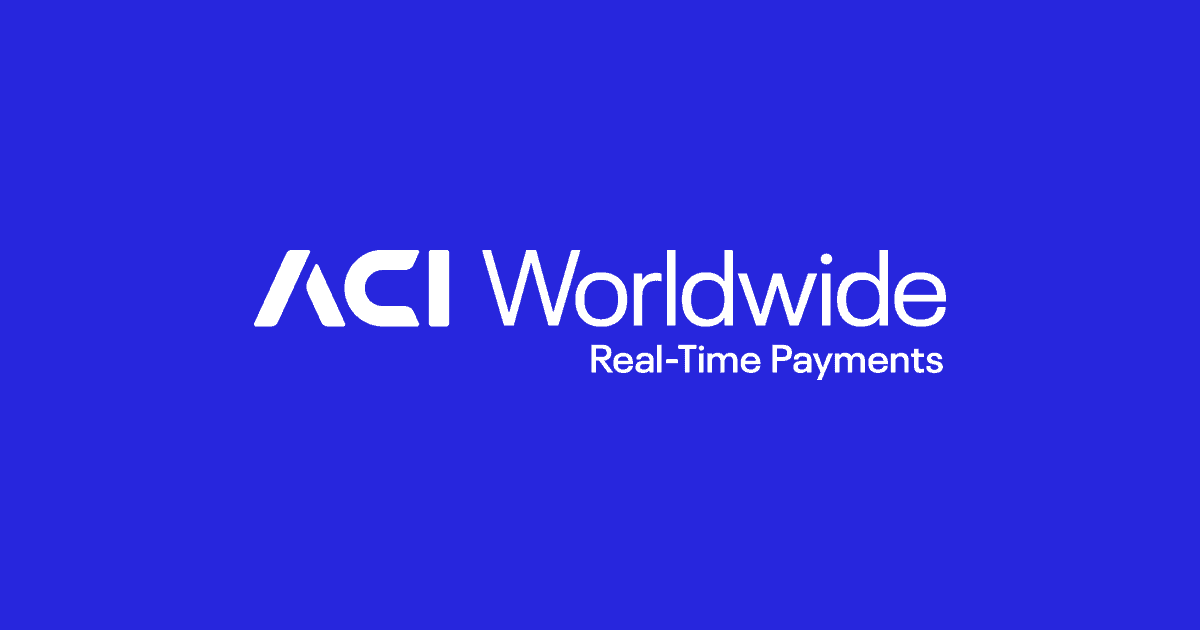



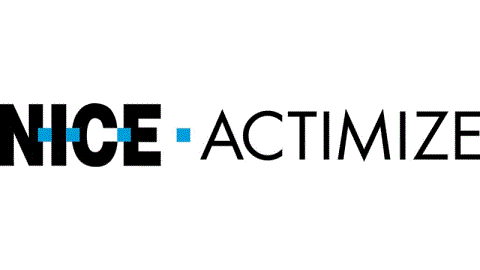
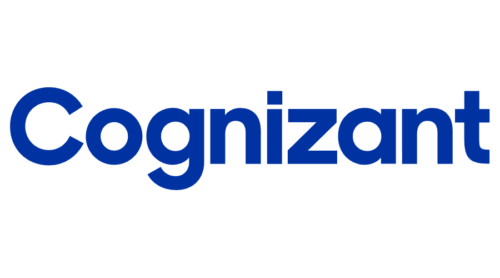
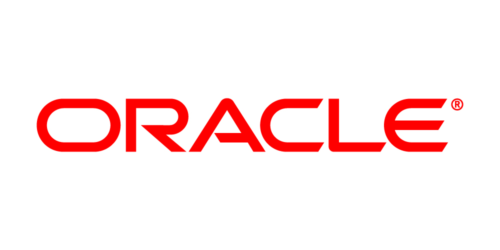
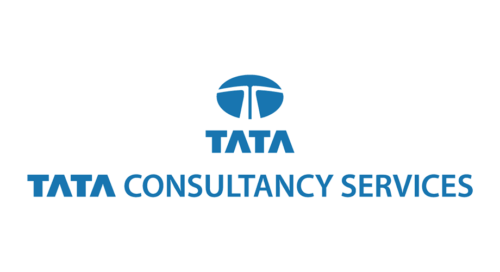



Leave a Reply